Home>Garden Essentials>What Is Ajwain Seeds
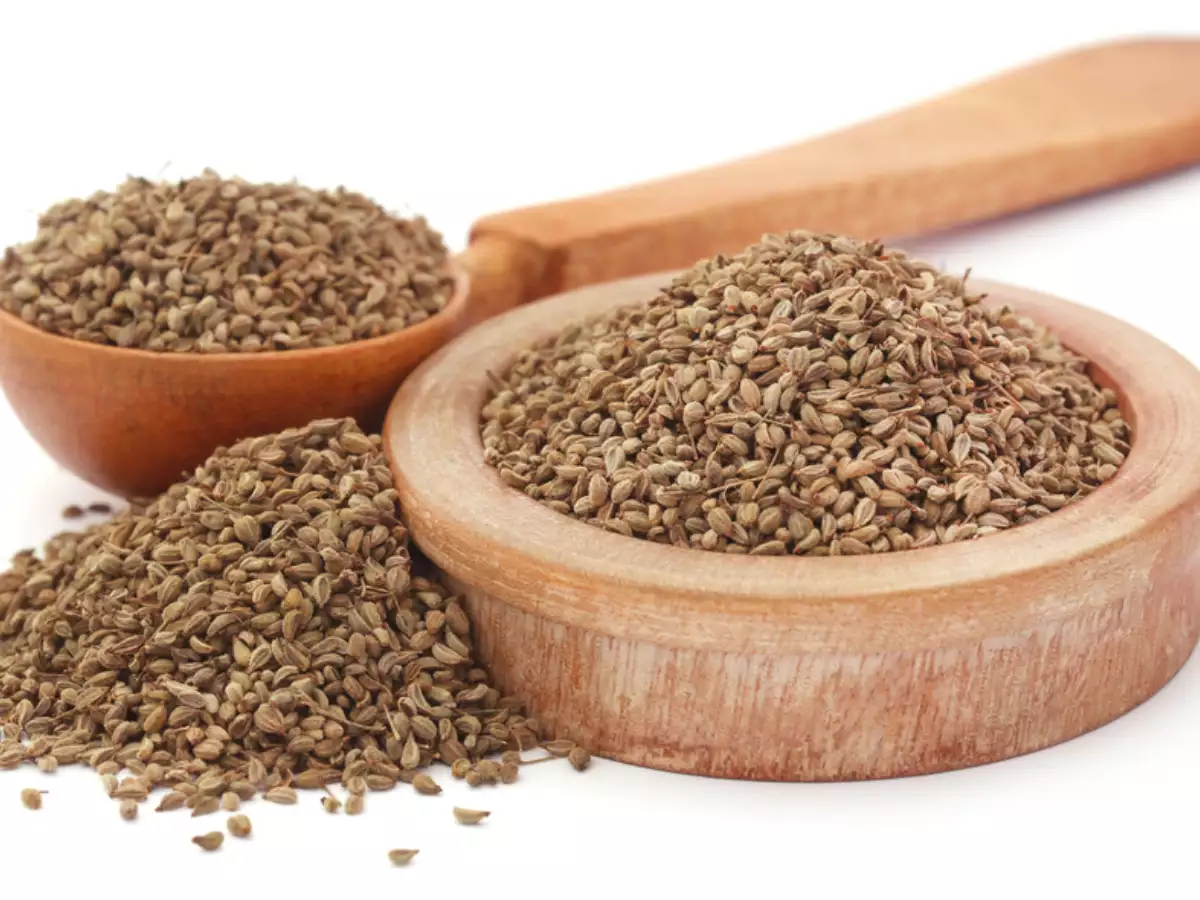

Garden Essentials
What Is Ajwain Seeds
Modified: March 15, 2024
Discover the benefits and uses of Ajwain seeds for your garden. Improve soil fertility, deter pests, and enhance plant growth with this versatile spice.
(Many of the links in this article redirect to a specific reviewed product. Your purchase of these products through affiliate links helps to generate commission for Storables.com, at no extra cost. Learn more)
Introduction
Welcome to the wonderful world of gardening! Whether you have a sprawling backyard or a cozy balcony, indulging in gardening is a rewarding and therapeutic experience. And when it comes to creating a lush and vibrant garden, it’s important to have a deep understanding of the plants and herbs you choose to cultivate.
In this article, we will dive into the fascinating realm of ajwain seeds. Also known as carom seeds or bishop’s weed, ajwain seeds are tiny but mighty additions to any garden. These seeds come from a herbaceous plant called Trachyspermum ammi, which is native to the Eastern Mediterranean region, Western Asia, and the Indian subcontinent.
The ajwain plant is characterized by its small, oval-shaped leaves and delicate white flowers. The seeds are the most prized part of the plant and have been used for centuries due to their distinctive flavor and medicinal properties.
Ajwain seeds are known for their pungent aroma and strong, earthy taste. They have a unique scent that is often compared to thyme or oregano, but with a bolder, peppery undertone.
Now that you have a basic introduction to ajwain seeds, let’s explore their nutritional values and understand why they are considered a valuable addition to any garden.
Key Takeaways:
- Ajwain seeds, also known as carom seeds, are tiny but mighty additions to any garden. They offer a unique flavor, essential nutrients, and potential health benefits, making them a versatile and intriguing herb to cultivate.
- Ajwain seeds have been used for centuries in traditional medicine for their digestive, respiratory, and skin benefits. However, it’s important to approach their use with caution and consult a healthcare professional due to potential side effects and interactions.
Read more: What Is A Seed?
What Are Ajwain Seeds?
Ajwain seeds, scientifically known as Trachyspermum ammi, are small, brownish seeds that come from the ajwain plant, a member of the Apiaceae family. Also referred to as carom seeds or bishop’s weed, ajwain seeds have a long history of culinary and medicinal use in traditional Ayurvedic medicine.
These seeds are widely used in South Asian and Middle Eastern cuisines for their unique taste and aromatic properties. They have a strong, pungent flavor, similar to thyme or oregano, but with a more pronounced peppery kick.
Ajwain seeds are not only valued for their culinary applications but also for their numerous health benefits. They are packed with essential nutrients like fiber, protein, calcium, iron, and vitamins A, C, and E. Additionally, they contain potent bioactive compounds such as thymol, which contribute to their medicinal properties.
These tiny seeds have a wide range of uses, making them a versatile addition to any kitchen or herbal garden. Whether you’re a seasoned chef or a home cook experimenting with new flavors, ajwain seeds can elevate your culinary creations to new heights.
Now that we’ve explored what ajwain seeds are, let’s delve deeper into their nutritional values to understand why they are highly regarded in the world of healthy eating.
Nutritional Values of Ajwain Seeds
Ajwain seeds are not only prized for their unique flavor and aroma but also for their impressive nutritional profile. These small seeds are packed with essential nutrients that can provide a range of health benefits when incorporated into your diet. Let’s take a closer look at the nutritional values of ajwain seeds:
1. Fiber: Ajwain seeds are a good source of dietary fiber, which aids in digestion, promotes regular bowel movements, and helps prevent constipation.
2. Protein: These seeds contain a moderate amount of protein, making them a suitable addition to a vegetarian or vegan diet.
3. Calcium: Ajwain seeds are rich in calcium, a mineral essential for maintaining strong and healthy bones and teeth.
4. Iron: Iron is crucial for the production of red blood cells and the prevention of iron deficiency anemia. Ajwain seeds are a good natural source of iron.
5. Vitamin A: Ajwain seeds contain vitamin A, which is important for maintaining good vision, supporting immune function, and promoting healthy skin.
6. Vitamin C: These seeds also provide a significant amount of vitamin C, an antioxidant that helps boost the immune system and protects against the harmful effects of free radicals.
7. Vitamin E: Vitamin E is known for its antioxidant properties and is important for maintaining healthy skin, hair, and nails. Ajwain seeds are a natural source of this essential vitamin.
8. Essential Oils: Ajwain seeds contain essential oils, such as thymol, which contributes to their strong flavor and also provides potential antimicrobial and antioxidant benefits.
By incorporating ajwain seeds into your diet, you can enjoy their nutritional benefits and give your body a boost of essential nutrients. These seeds can be a nutritious addition to a well-rounded and balanced diet, contributing to overall health and well-being.
Now that we’ve explored the nutritional values of ajwain seeds, let’s discover the various health benefits they offer.
Health Benefits of Ajwain Seeds
Ajwain seeds have long been valued in traditional medicine for their numerous health benefits. These tiny seeds are packed with bioactive compounds and nutrients that can support various aspects of your well-being. Let’s explore some of the health benefits associated with ajwain seeds:
1. Digestive Health: Ajwain seeds have carminative properties, meaning they can help relieve digestive issues such as indigestion, bloating, and flatulence. The active compound thymol helps stimulate the secretion of digestive enzymes, promoting better digestion and reducing discomfort.
2. Relieves Acidity and Heartburn: The thymol in ajwain seeds has antacid properties, which can help alleviate acidity and heartburn. Consuming ajwain seeds with a glass of warm water can provide quick relief from these uncomfortable symptoms.
3. Soothes Cold and Cough: Ajwain seeds have expectorant properties that can help break up mucus and provide relief from coughs and congestion. Drinking ajwain seed tea or inhaling the steam can help soothe respiratory symptoms.
4. Anti-inflammatory Effects: Ajwain seeds contain anti-inflammatory compounds that can help reduce inflammation in the body. This can be beneficial for conditions such as rheumatoid arthritis and joint pain.
5. Improves Respiratory Health: The essential oils in ajwain seeds have antimicrobial properties that can help fight respiratory infections and promote overall respiratory health. They can also help relieve asthma symptoms and congestion.
6. Enhances Metabolism: Ajwain seeds have been shown to have a positive effect on metabolism, which can aid in weight management. They help stimulate the release of gastric juices, promoting better digestion and the efficient breakdown of food.
7. Supports Skin Health: The vitamin E content in ajwain seeds contributes to healthy skin. This vitamin has antioxidant properties that can help protect the skin from damage caused by free radicals and promote a youthful appearance.
8. Boosts Immunity: Ajwain seeds are rich in vitamin C, which plays a crucial role in supporting a healthy immune system. Consuming these seeds can help strengthen the immune response and protect against infections.
These are just a few of the many health benefits associated with ajwain seeds. However, it’s important to note that while ajwain seeds can be beneficial, they should not be used as a substitute for medical treatment. If you have any specific health concerns or conditions, it’s best to consult with a healthcare professional.
Now that we’ve explored the health benefits of ajwain seeds, let’s move on to their culinary uses and discover how they can add a flavorful twist to your meals.
Ajwain seeds, also known as carom seeds, are commonly used in Indian cooking for their strong, pungent flavor. They are often used to aid digestion and can be added to dishes like curries, breads, and lentil dishes for a unique taste.
Culinary Uses of Ajwain Seeds
Ajwain seeds are a staple ingredient in many South Asian and Middle Eastern cuisines, known for their distinctive flavor and aroma. These tiny seeds can elevate the taste of various dishes, adding a unique twist to your culinary creations. Here are some popular culinary uses of ajwain seeds:
1. Spice Blends: Ajwain seeds are commonly used in spice blends, such as garam masala, curry powder, and chaat masala. They add a warm and slightly bitter flavor that complements other spices, creating a harmonious blend of tastes.
2. Breads and Savory Pastries: Ajwain seeds are often sprinkled on top of breads, such as naan and paratha, before baking. The seeds impart a delightful aroma and provide a burst of flavor when you take a bite. They are also used in stuffed breads and savory pastries for an extra kick of taste.
3. Vegetable Dishes: Ajwain seeds can be used as a seasoning for various vegetable dishes. They pair particularly well with potatoes, enhancing their flavor and giving them a unique twist. You can also use ajwain seeds in stir-fried vegetables or add them to curries for an aromatic touch.
4. Lentil and Legume Preparations: Ajwain seeds are often used in lentil and legume dishes, such as dal or lentil soups. The seeds help enhance the flavor of the lentils and aid in digestion, making the dish both delicious and easy on the stomach.
5. Pickles and Chutneys: Ajwain seeds can be used in pickling and chutney preparations to add a tangy and spicy kick. Their distinctive flavor complements the tanginess of the pickles and adds depth to the chutneys, making them more flavorful and appetizing.
6. Tea Infusions: Ajwain seed tea is a popular herbal infusion that provides a refreshing and aromatic sip. The tea is made by steeping ajwain seeds in hot water and can be consumed plain or with the addition of honey or lemon for added taste.
7. Seasoning for Snacks: Ajwain seeds are often used as a seasoning for various snacks, such as roasted nuts, popcorn, and fried snacks. They add a zesty and aromatic flavor, enhancing the overall taste experience.
These are just a few examples of the many culinary uses of ajwain seeds. The possibilities are endless, and you can experiment with adding these seeds to your favorite recipes to discover new flavors and enjoy the unique taste they bring to your dishes.
Now that we’ve explored the culinary uses of ajwain seeds, let’s take a look at their traditional and medicinal uses in Ayurvedic practices.
Read more: What Is Germinate
Traditional and Medicinal Uses of Ajwain Seeds
Ajwain seeds have a long-standing history of traditional and medicinal uses in Ayurvedic practices. These seeds are believed to possess various healing properties and have been utilized for centuries to promote well-being. Here are some of the traditional and medicinal uses of ajwain seeds:
1. Digestive Aid: Ajwain seeds are well-known for their ability to aid digestion and alleviate gastrointestinal discomfort. They can help relieve indigestion, flatulence, and bloating by stimulating the release of digestive enzymes and promoting better assimilation of nutrients.
2. Respiratory Health: Ajwain seeds have been used to treat respiratory conditions such as asthma, coughs, and congestion. The active compound thymol present in the seeds acts as an expectorant, helping to clear the respiratory passages and reduce inflammation in the airways.
3. Diuretic Properties: Ajwain seeds are considered diuretic, meaning they can help increase urine production and promote the elimination of toxins from the body. This property is beneficial for maintaining healthy kidney function and preventing urinary tract infections.
4. Relief from Pain and Inflammation: The essential oils in ajwain seeds have analgesic and anti-inflammatory properties. They can be used topically to alleviate muscle and joint pain and reduce inflammation associated with arthritis and other inflammatory conditions.
5. Postpartum Benefits: In Ayurvedic practices, ajwain seeds are often recommended for postpartum care. They are believed to help stimulate lactation, relieve postpartum abdominal pain, and aid in the healing process after childbirth.
6. Oral Health: Ajwain seeds have antimicrobial properties that can help promote oral health. Chewing a few seeds or using ajwain seed oil as a mouthwash is believed to help freshen breath, alleviate toothaches, and prevent gum disease.
7. Alleviates Menstrual Discomfort: Ajwain seeds can be beneficial for women experiencing menstrual cramps and discomfort. They can help reduce pain and provide relief from menstrual symptoms when consumed in the form of ajwain seed tea or infused oil.
It’s important to note that while ajwain seeds have been traditionally used for these purposes, scientific research supporting their effectiveness is limited. It’s always advisable to consult with a healthcare professional before using ajwain seeds or any herbal remedy for medicinal purposes.
Now that we’ve explored the traditional and medicinal uses of ajwain seeds, it’s important to be aware of any precautions and potential side effects associated with their consumption.
Precautions and Side Effects of Ajwain Seeds
Ajwain seeds are generally safe for consumption when used in moderate amounts and as part of a balanced diet. However, it’s important to be aware of a few precautions and potential side effects associated with their use. Here are some considerations to keep in mind:
1. Allergies: Some individuals may be allergic to ajwain seeds. If you have a known allergy to other seeds or plants in the Apiaceae family, such as celery, carrots, or fennel, it’s best to exercise caution and consult with a healthcare professional before consuming ajwain seeds.
2. Pregnancy and Breastfeeding: Pregnant and breastfeeding women should exercise caution when consuming ajwain seeds. While these seeds have been traditionally used to support lactation, it’s advisable to seek medical advice before incorporating them into your diet during these periods.
3. Digestive Sensitivity: Some individuals with sensitive digestive systems may experience gastric irritation or heartburn when consuming ajwain seeds. If you have a history of gastrointestinal issues, it’s best to start with small amounts and monitor your body’s response.
4. Blood Thinners and Medications: Ajwain seeds may have mild blood-thinning properties due to their high vitamin K content. If you are taking blood-thinning medications or have a bleeding disorder, it’s advisable to consult with a healthcare professional before consuming ajwain seeds in large quantities.
5. Interactions with Medications: Ajwain seeds may interact with certain medications and affect their efficacy. If you are taking any prescription medications or have any underlying health conditions, it’s important to discuss the use of ajwain seeds with your healthcare provider to ensure there are no potential adverse effects or interactions.
6. Overconsumption: As with any ingredient, overconsuming ajwain seeds may result in digestive discomfort. It’s best to use them in moderation and follow recommended guidelines for incorporating them into your diet.
If you experience any adverse reactions or side effects after consuming ajwain seeds, such as allergic reactions, skin rashes, or digestive discomfort, it’s advisable to discontinue use and consult with a healthcare professional.
Remember, the information provided here is for informational purposes only and should not be considered medical advice. It’s always best to consult with a healthcare professional before making any changes to your diet or incorporating new ingredients for medicinal purposes.
Now that we’ve discussed the precautions and potential side effects of ajwain seeds, let’s wrap up our journey into the world of ajwain seeds.
Conclusion
As we conclude our exploration of ajwain seeds, it’s evident that these tiny seeds offer a wealth of culinary delights and potential health benefits. From their distinctive flavor and aroma to their nutritional values and traditional uses, ajwain seeds have captured the attention of gardeners, chefs, and health enthusiasts alike.
Ajwain seeds not only add a unique twist to various dishes but also possess medicinal properties that have been recognized in traditional Ayurvedic practices. From aiding digestion and promoting respiratory health to supporting skin health and boosting immunity, the potential health benefits of ajwain seeds are intriguing.
However, it’s important to remember that while ajwain seeds have been used for centuries and have a reputation for their healing properties, scientific research on their efficacy is limited. It’s always prudent to consult with a healthcare professional before using ajwain seeds or any herbal remedy for medicinal purposes.
Whether you’re using ajwain seeds in your culinary creations or exploring their potential health benefits, it’s important to exercise caution and use them in moderate amounts. Understanding any allergies, sensitivities, or interactions with medications is crucial for your well-being.
As you embark on your gardening journey, consider adding ajwain seeds to your herb collection. They are relatively easy to grow and maintain, making them a delightful addition to any garden or potted plant collection. You can enjoy the satisfaction of nurturing the plants and harvesting the seeds for culinary experiments.
Incorporating ajwain seeds into your cooking can introduce a world of flavors and aromas that will enhance your dishes and impress your taste buds. From spice blends and breads to vegetable dishes and teas, the versatility of ajwain seeds is endless.
So, whether you’re exploring the culinary world or seeking potential health benefits, ajwain seeds offer a unique and flavorful experience. Remember to approach them with curiosity, mindfulness, and a balance between enjoyment and caution.
As you embark on your ajwain seed journey, may your garden thrive and your culinary creations flourish. Enjoy the beauty and wisdom hidden within these remarkable seeds, both in your garden and your kitchen.
Frequently Asked Questions about What Is Ajwain Seeds
Was this page helpful?
At Storables.com, we guarantee accurate and reliable information. Our content, validated by Expert Board Contributors, is crafted following stringent Editorial Policies. We're committed to providing you with well-researched, expert-backed insights for all your informational needs.
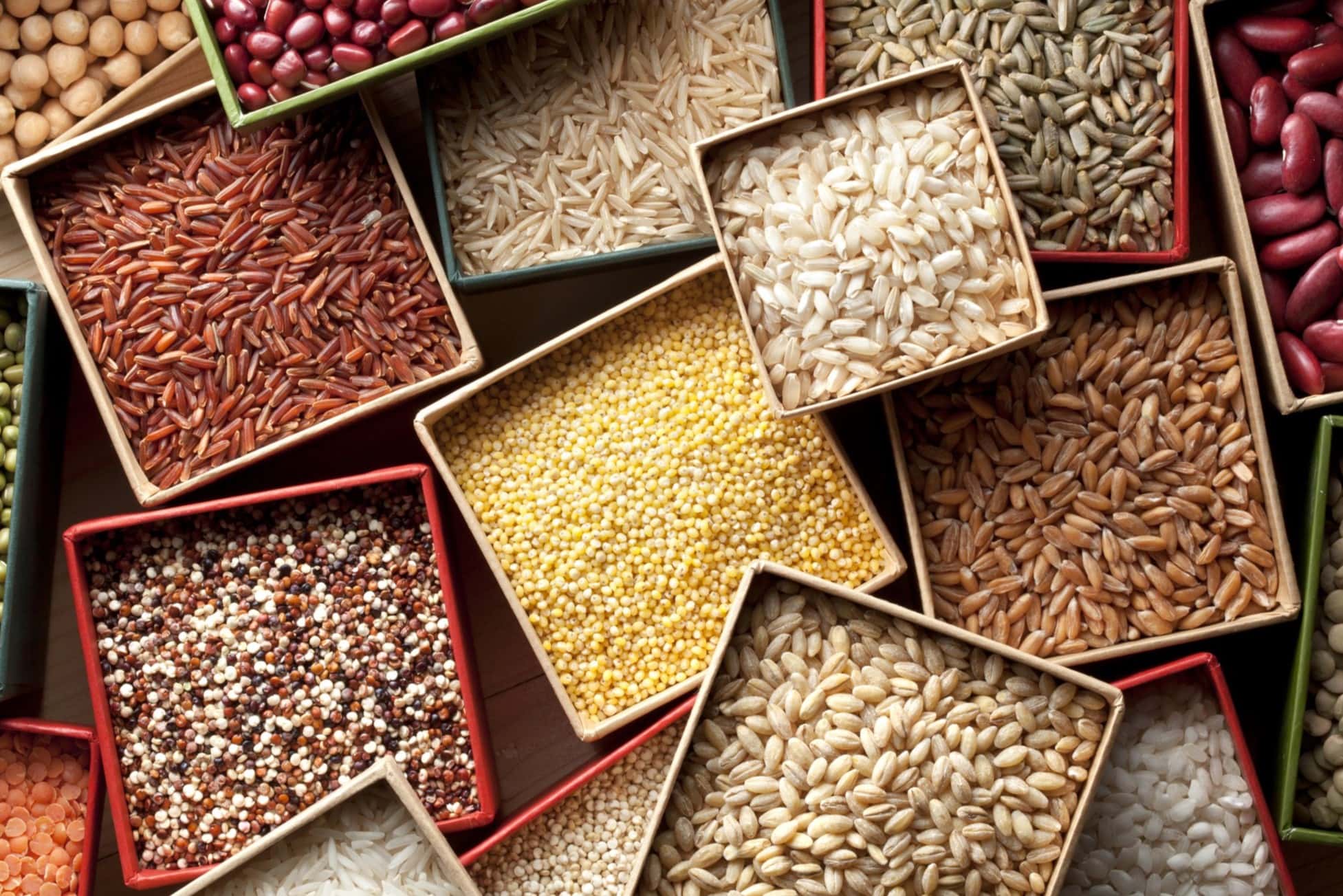
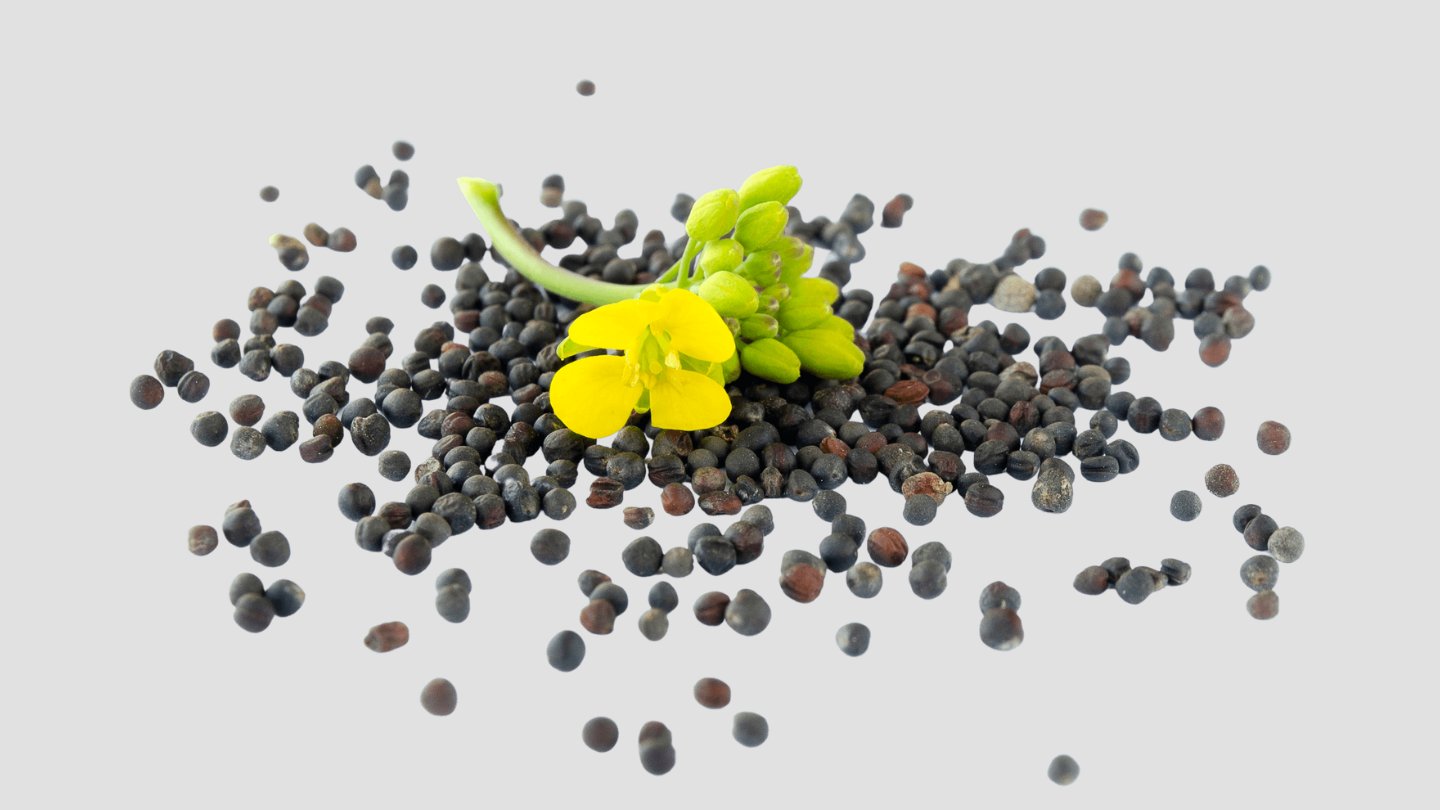
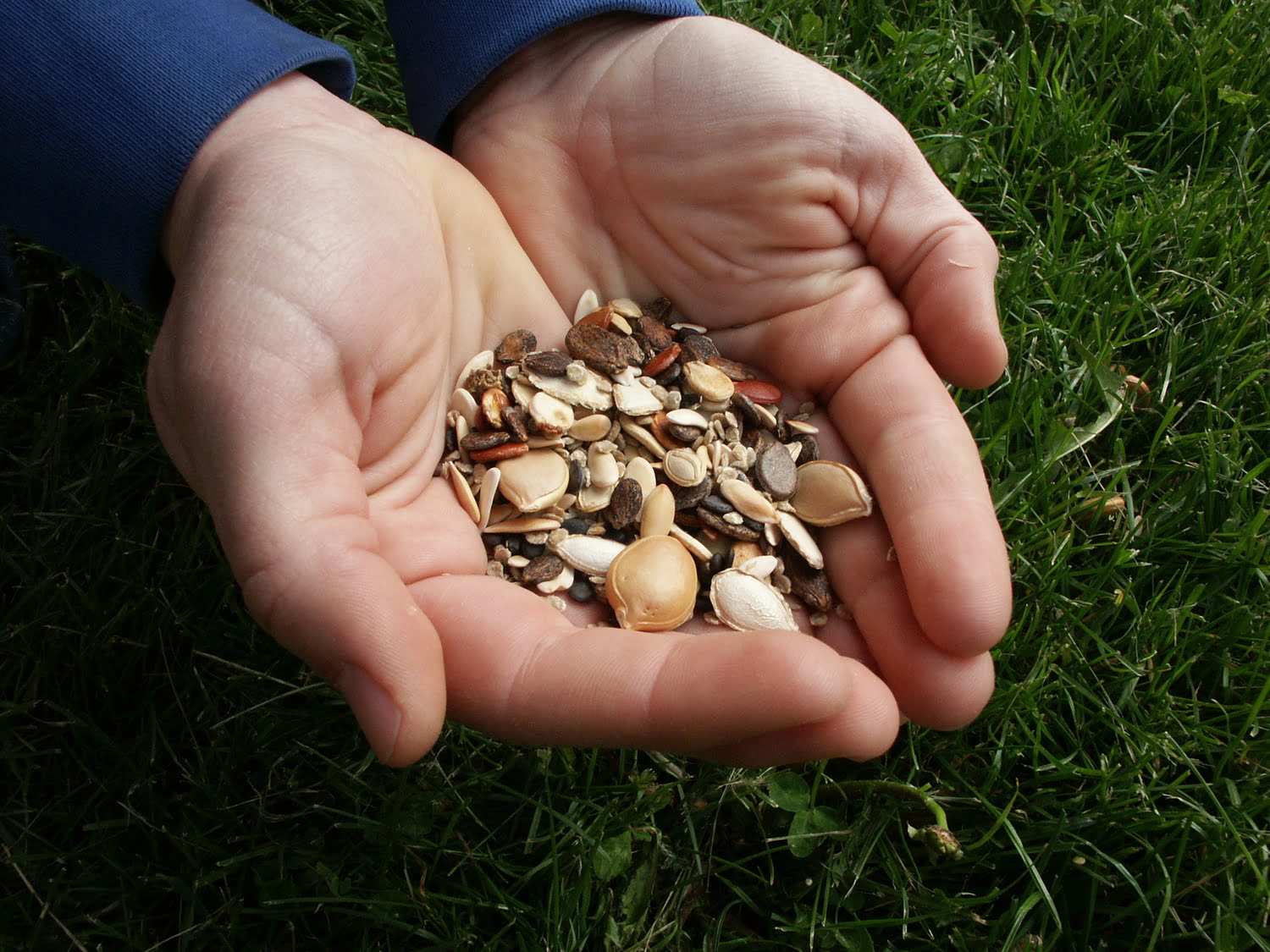
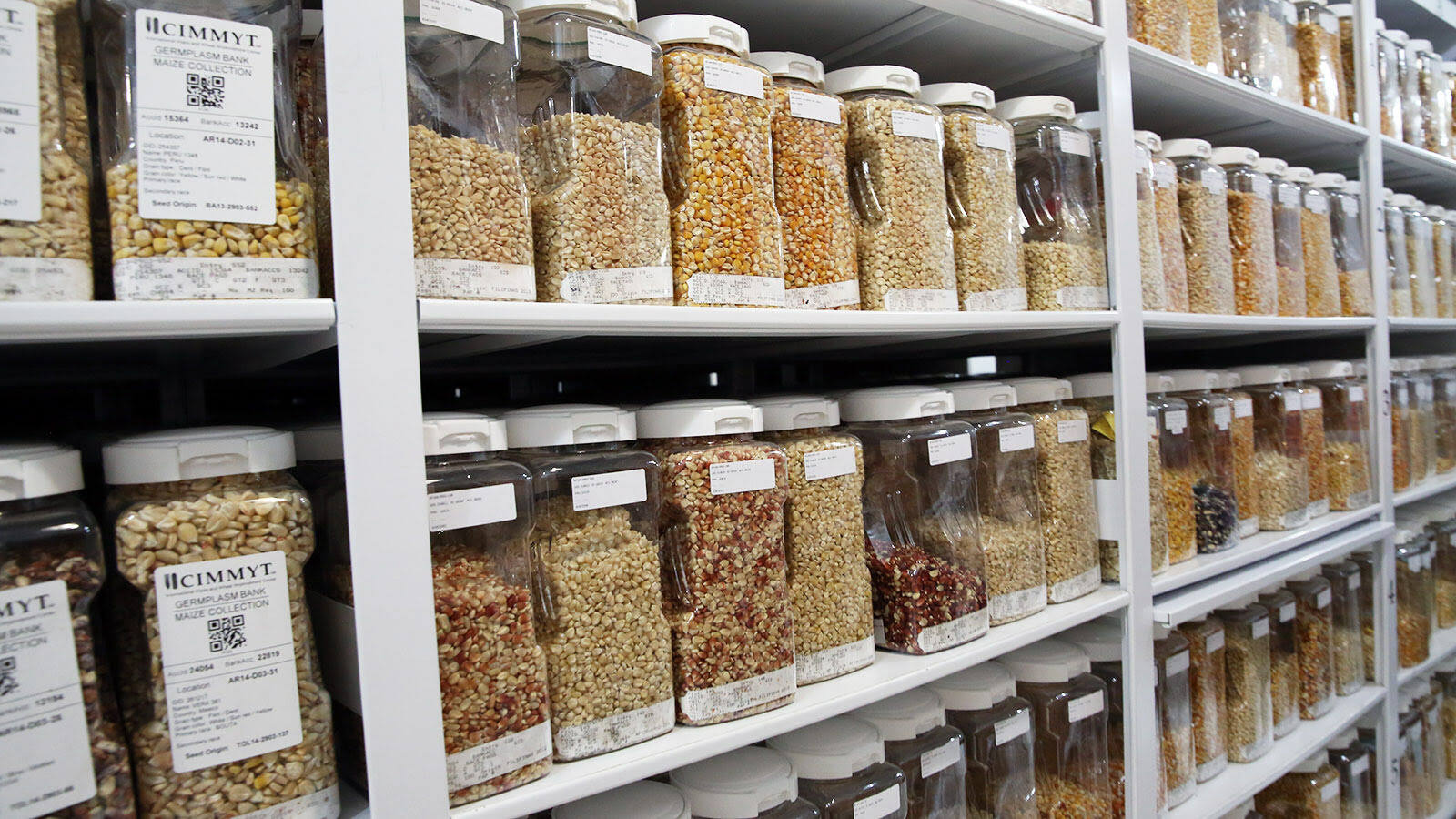
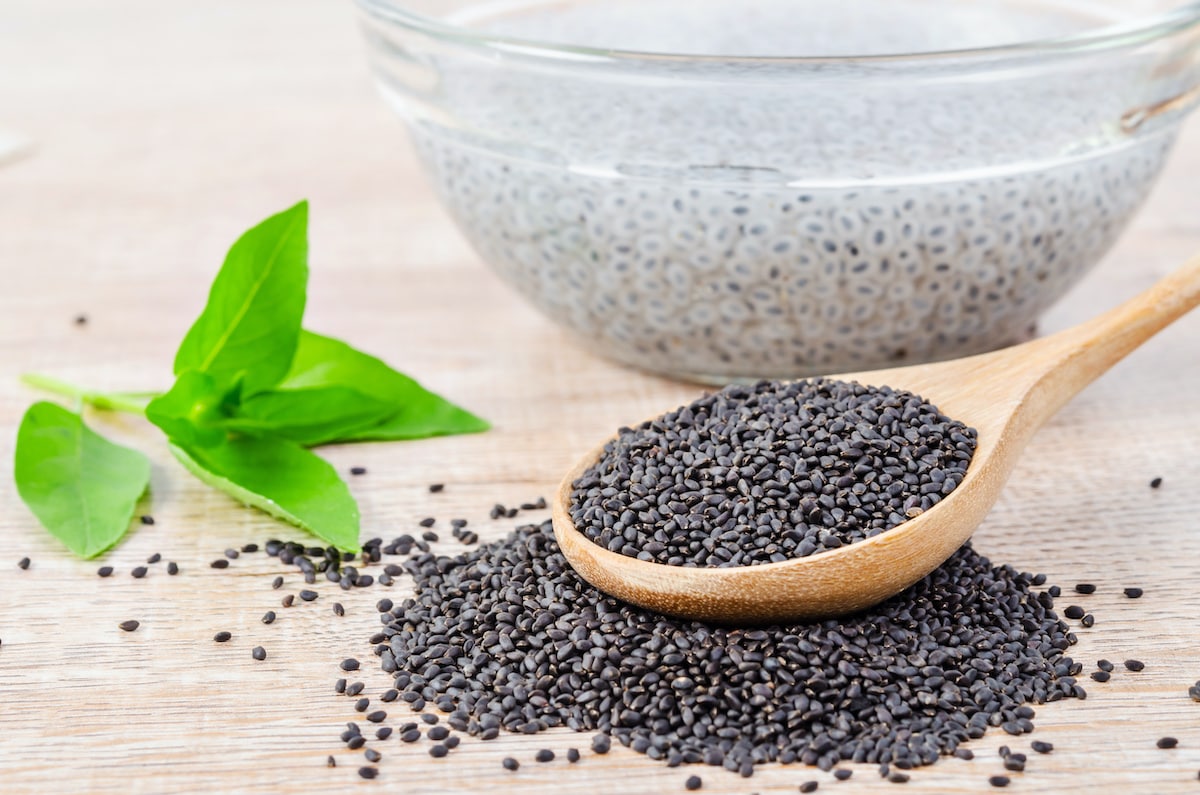
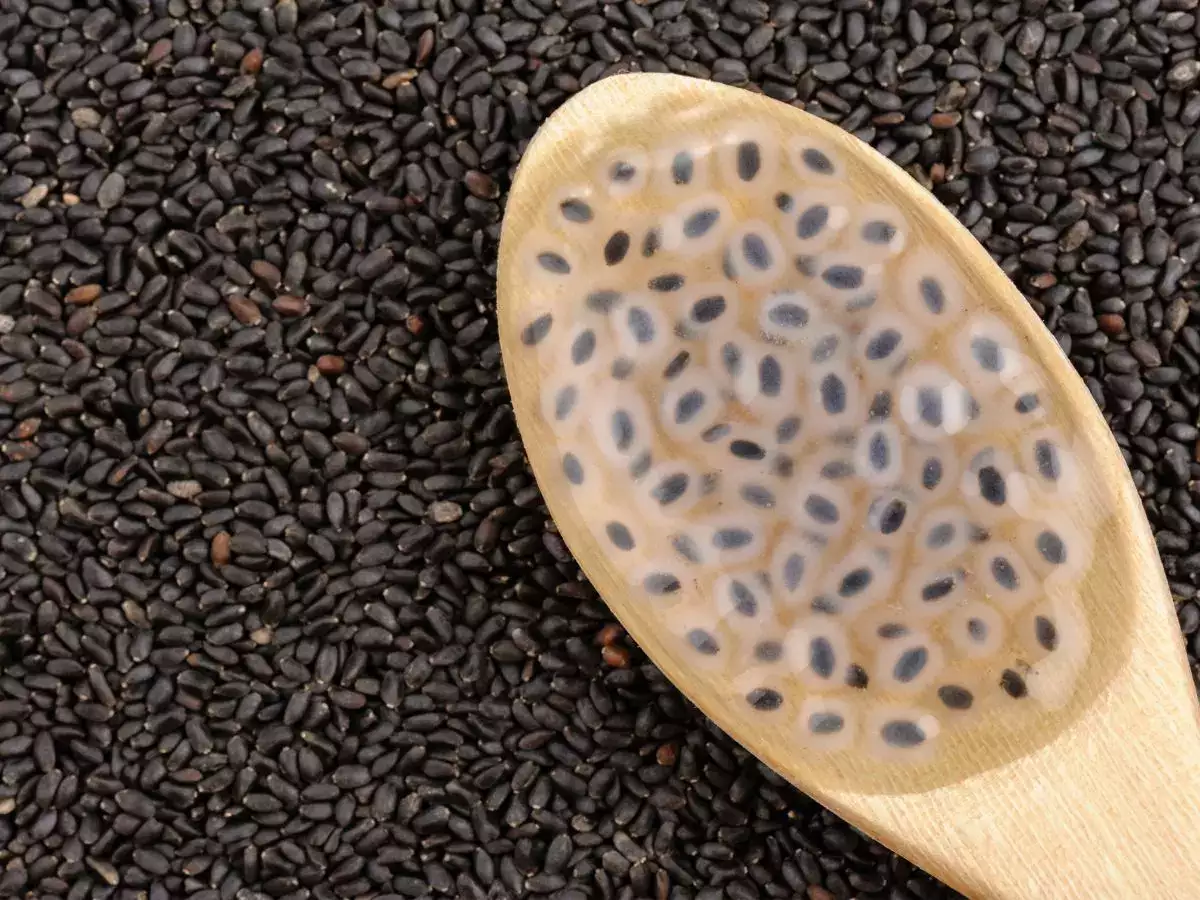
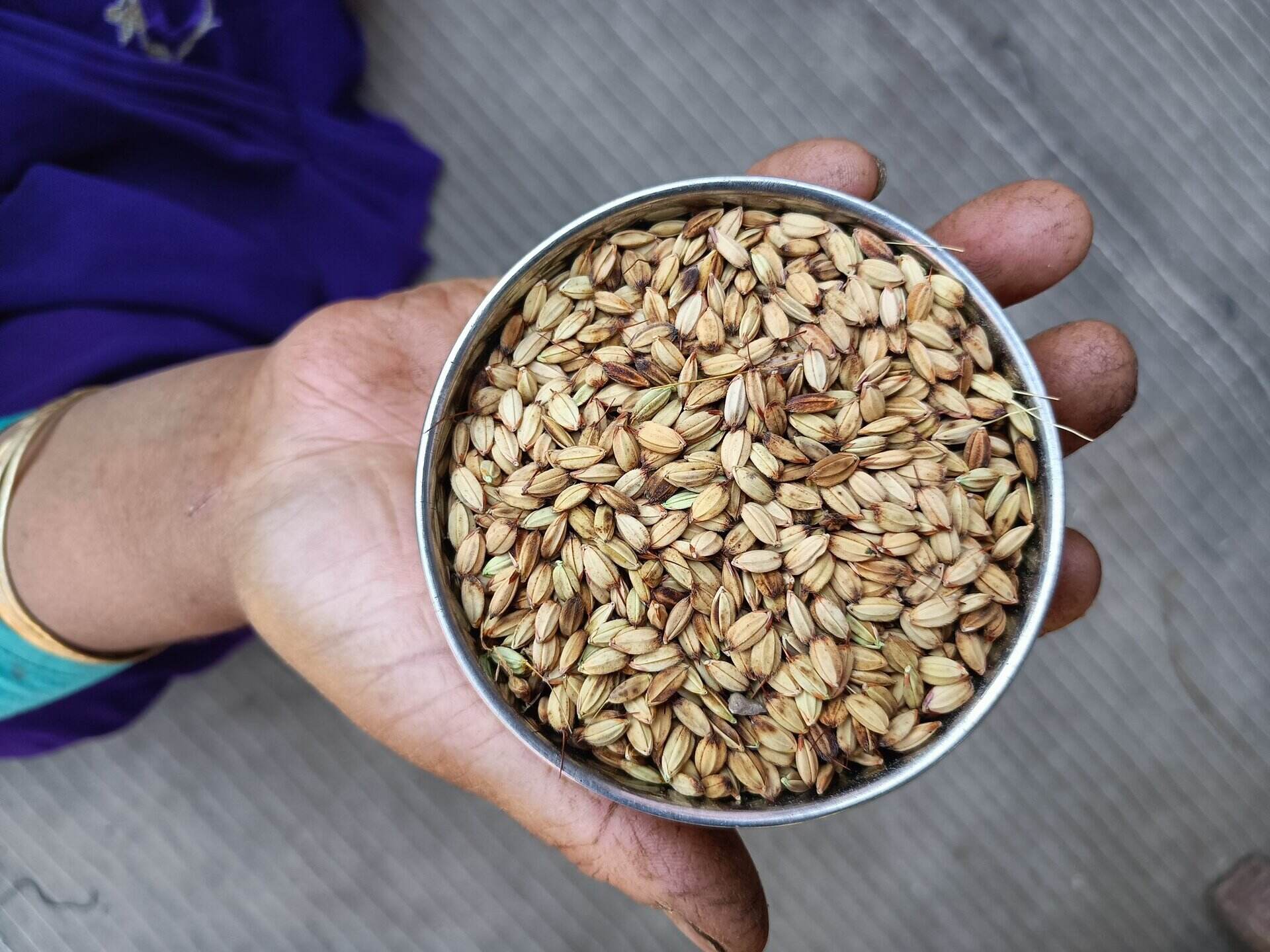
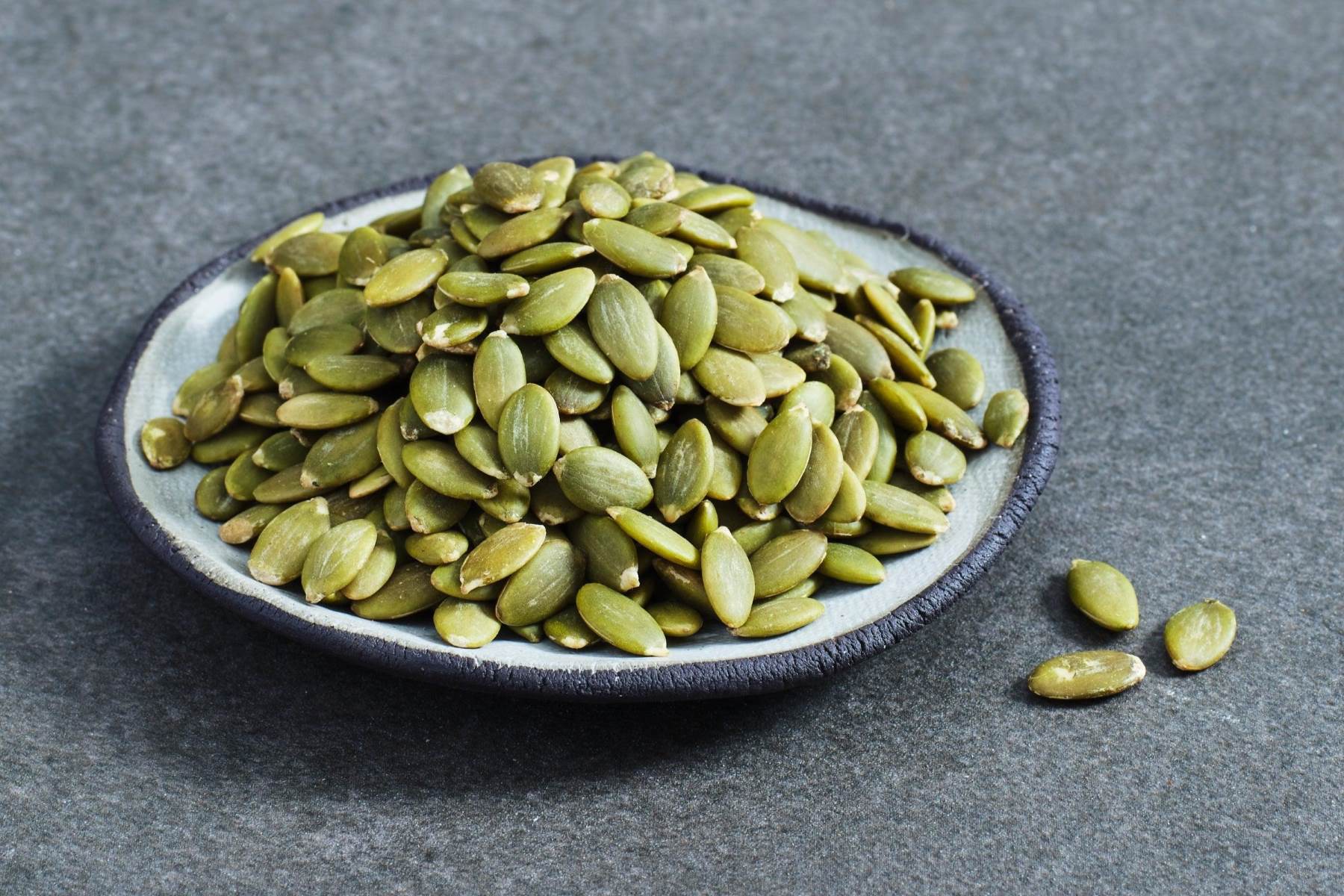
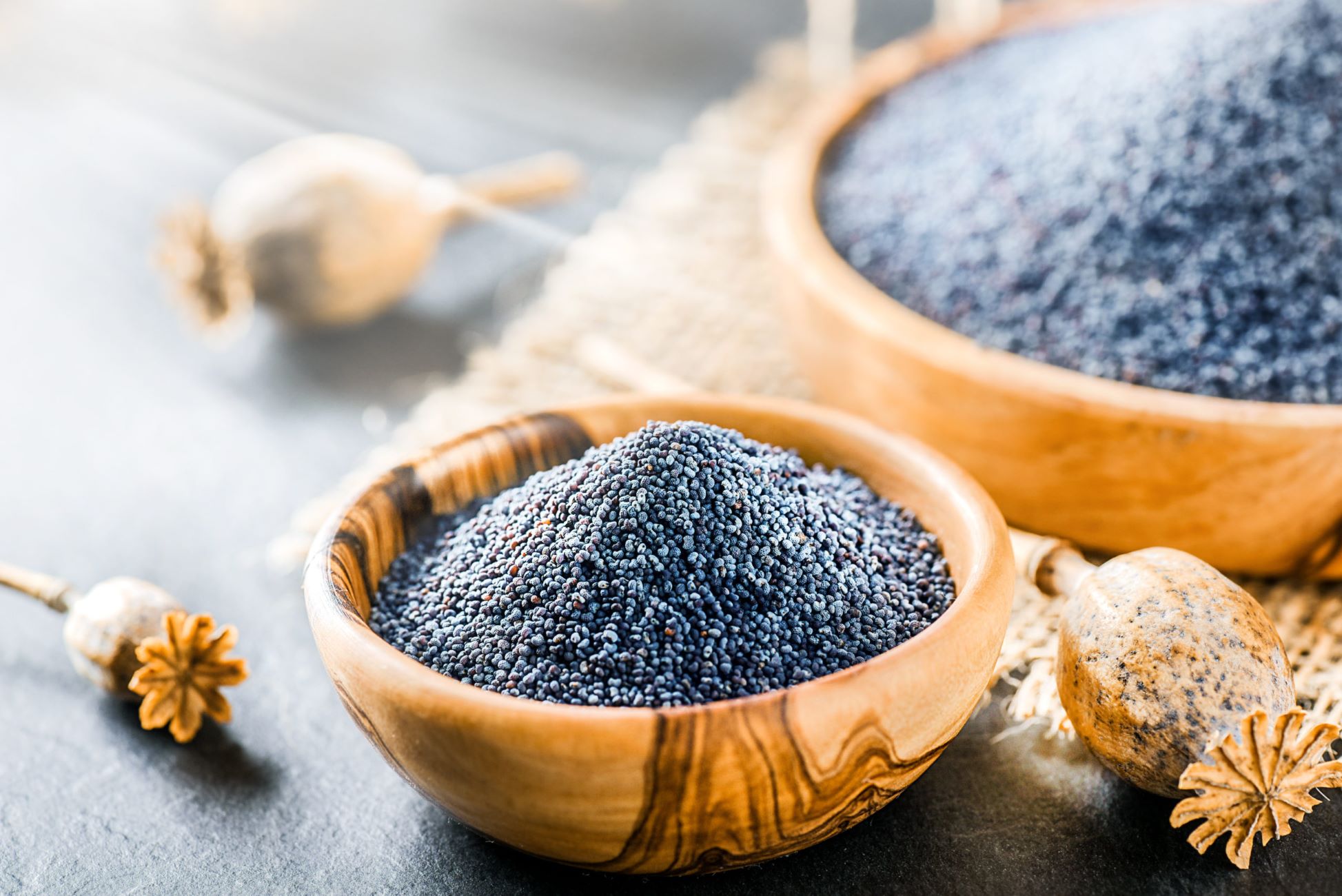
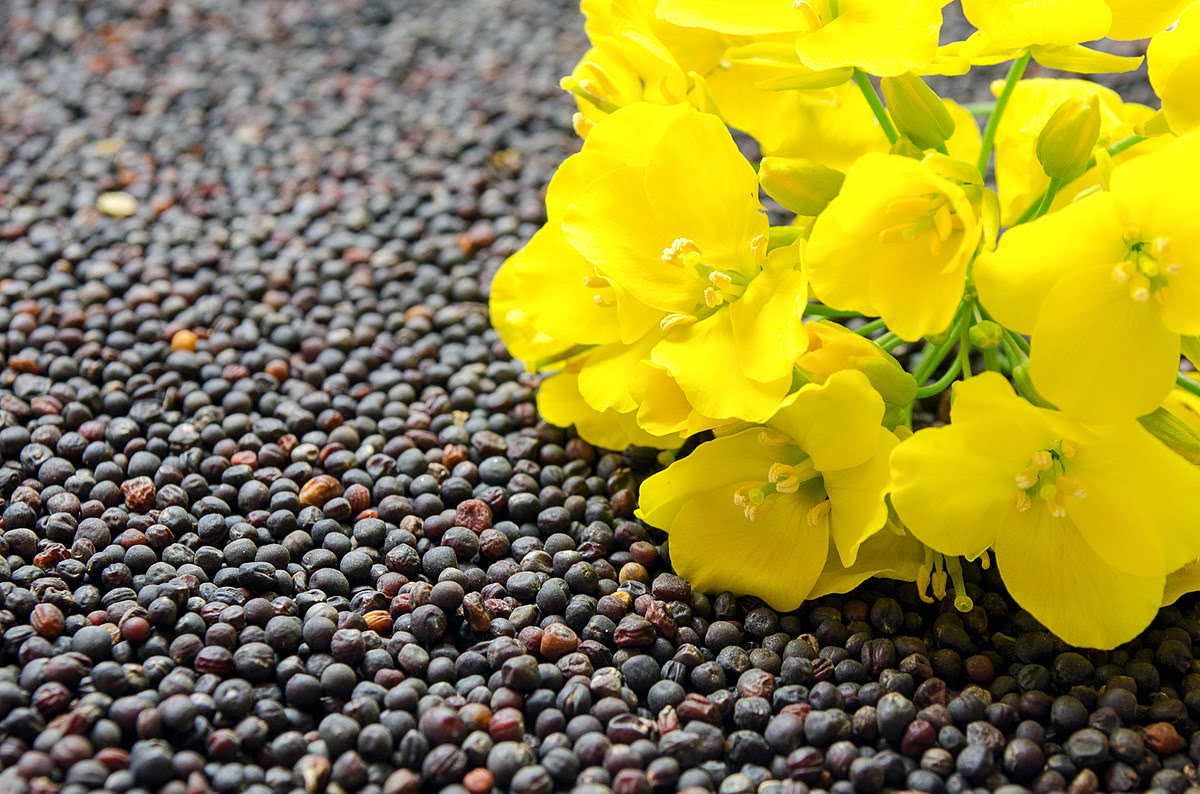
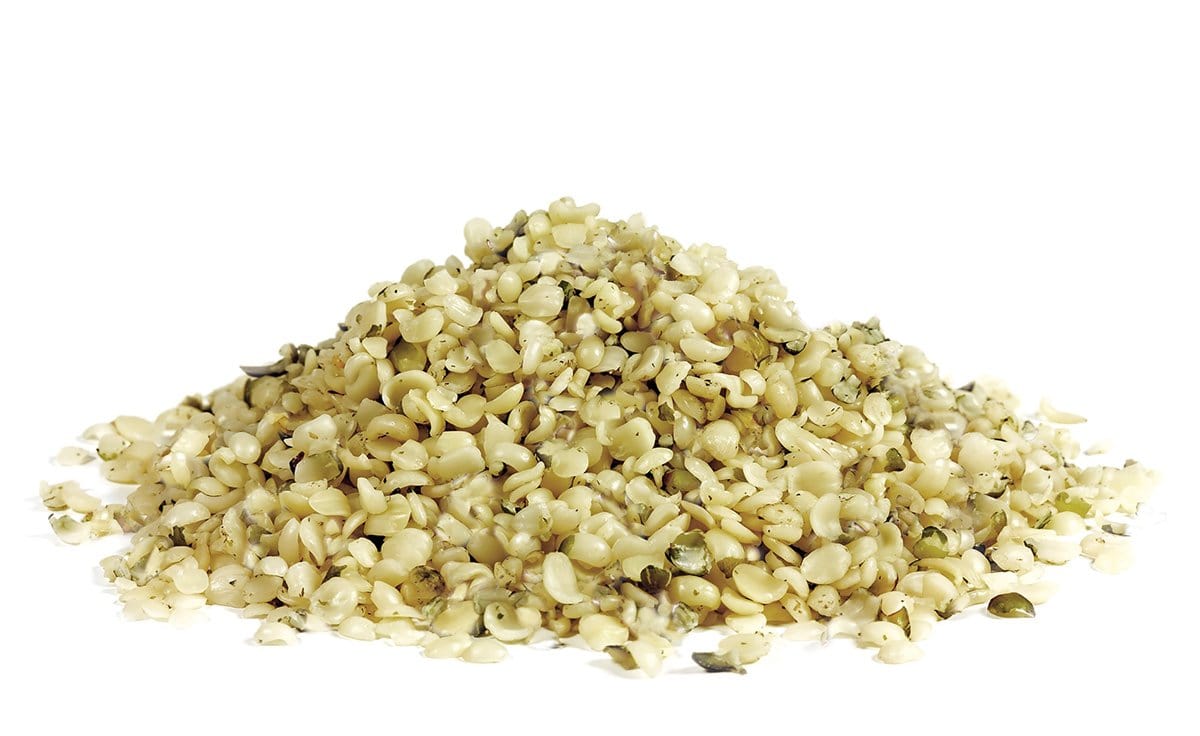
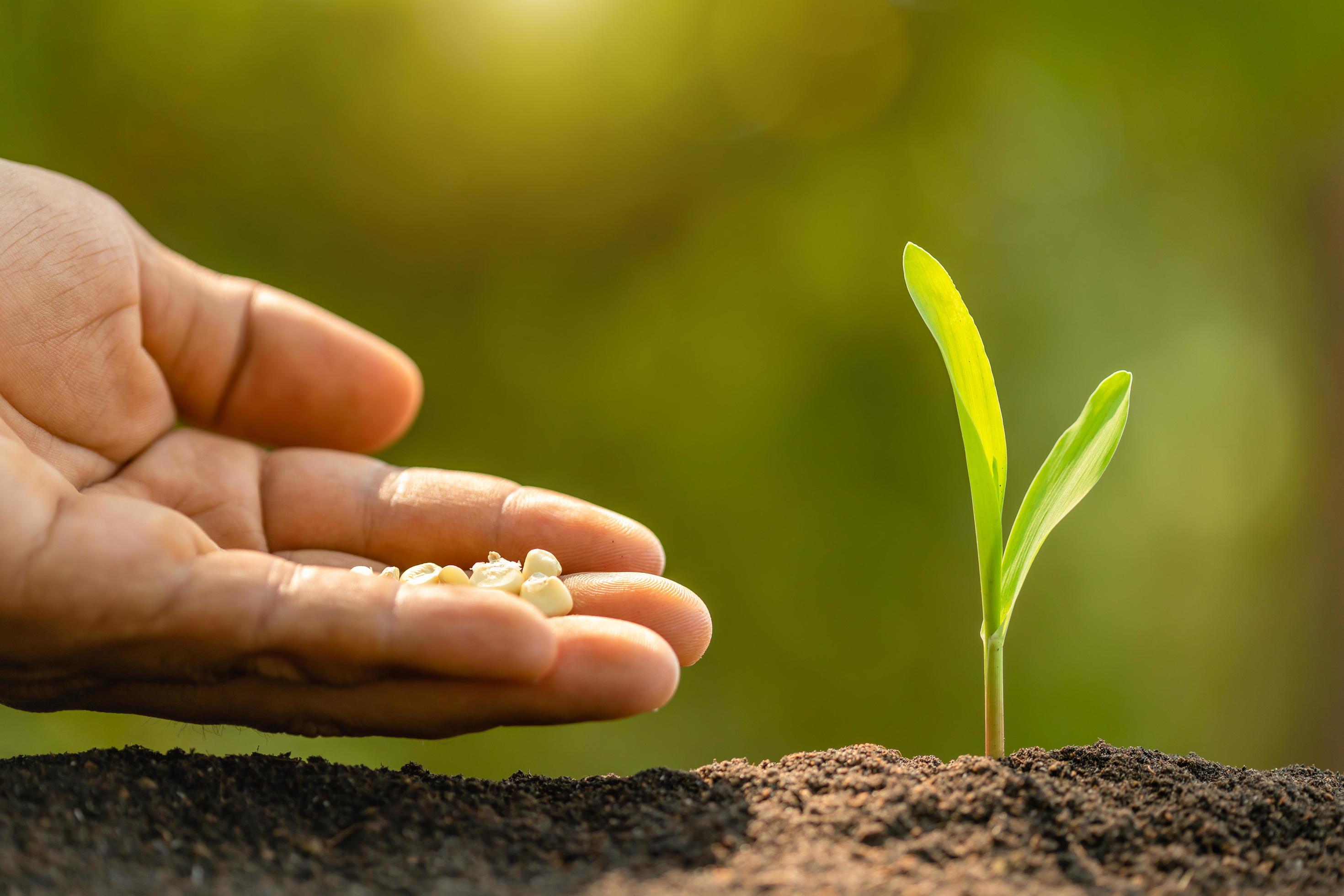

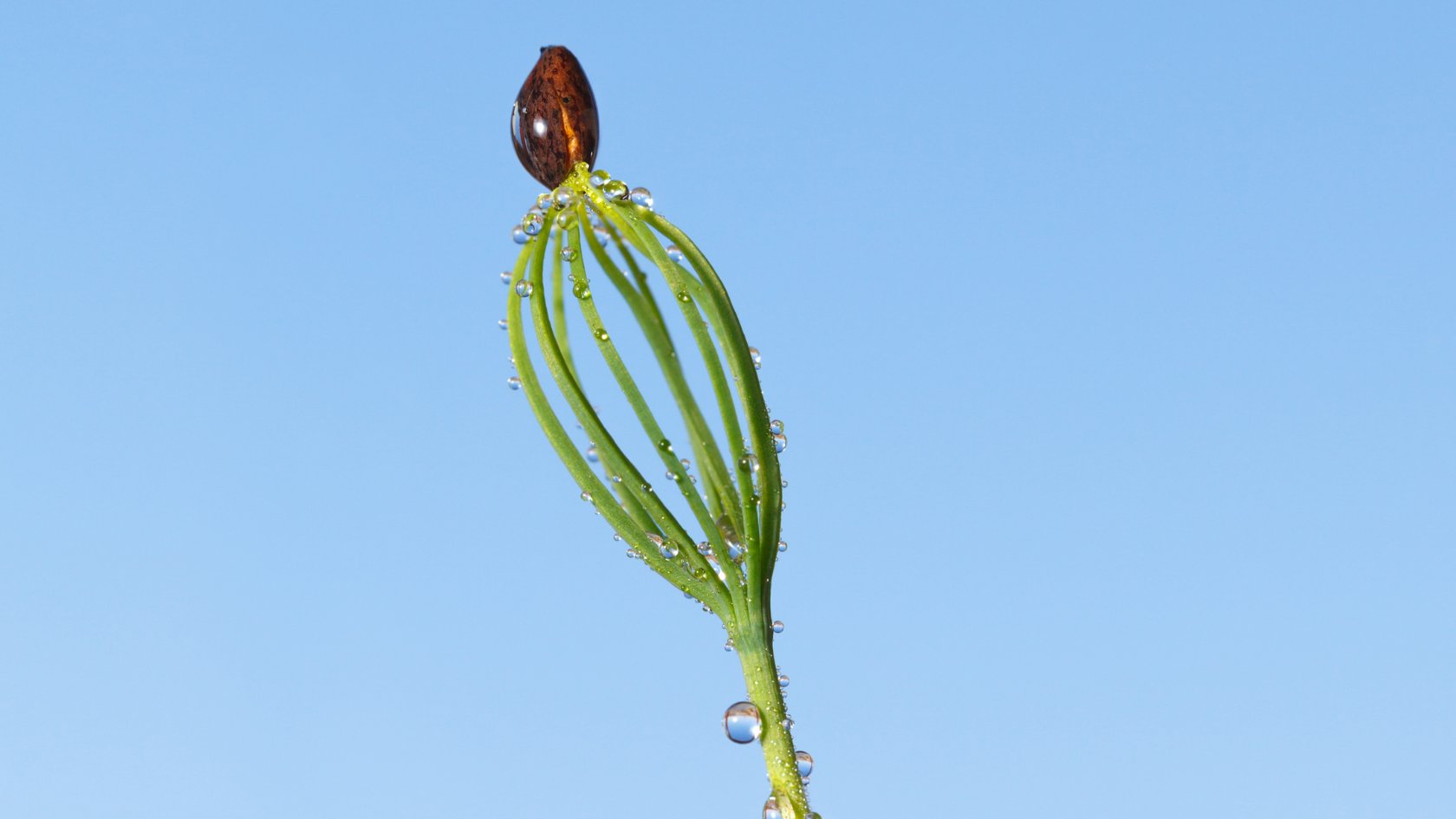

0 thoughts on “What Is Ajwain Seeds”